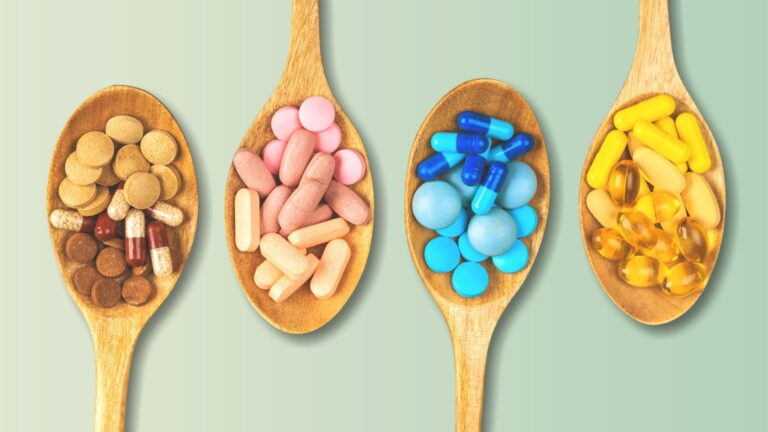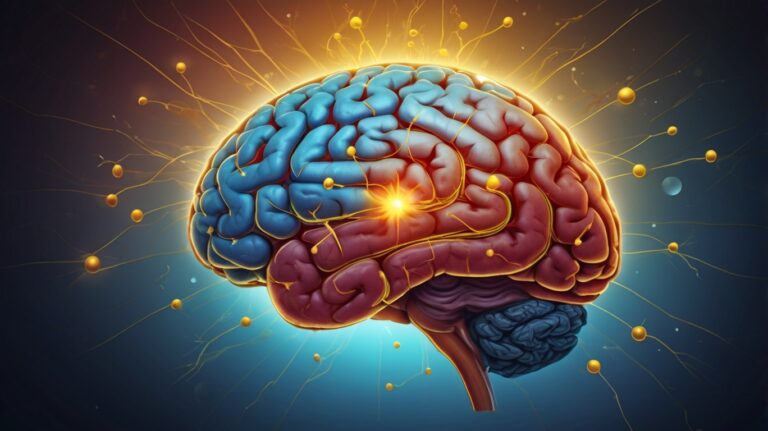5 Proven & Effective Home Remedies for Headaches (No Medication Needed)

If you’re looking for home remedies for headaches, you’re not alone. Many people prefer natural methods to relieve the pain without medication. While over-the-counter medications may offer relief, they aren’t always the healthiest or most sustainable option, especially if headaches are a frequent problem. The good news? You don’t always need pills to feel better. In fact, nature has some pretty powerful solutions of its own.
In this article, I’ll walk you through five natural and effective remedies for headaches that you can try at home. These tips are safe, simple, and based on both science and traditional wellness practices. Let’s get started!
Before jumping to painkillers, try these trusted home remedies for headaches that can work just as effectively — sometimes even better.
So next time you feel a headache coming on, remember these proven home remedies for headaches before reaching for pills.
Top 5 Home Remedies for Headaches You Can Try Today
Before jumping to painkillers, try these trusted home remedies for headaches that can work just as effectively — sometimes even better.
1. Stay Hydrated: Dehydration Is a Common Culprit
When talking about home remedies for headaches, staying hydrated is one of the easiest and most effective options.
It may sound too simple, but one of the most common triggers for headaches is dehydration. When your body lacks enough water, your brain can temporarily shrink, pulling away from the skull and causing pain.
How to fix it:
- Aim to drink at least 8 glasses (2 liters) of water per day.
- Add a slice of lemon or cucumber to your water to make it more enjoyable.
- Avoid sugary sodas and energy drinks, which can worsen dehydration.
Pro Tip: If you feel a headache coming on, drink a glass of water and wait 15-20 minutes before reaching for anything else. Sometimes, that’s all your body needs!
Studies suggest: Mild dehydration can negatively affect mood and cause headaches, especially in women. [PubMed]
2. Use Cold or Warm Compresses
Depending on the type of headache, applying a compress can work wonders. A cold compress is best for migraines, while a warm one can help relieve tension headaches by relaxing tight muscles.
Among the most practical home remedies for headaches is applying cold or warm compresses, depending on the headache type.
How to do it:
- For migraines: Place a cold pack or a bag of frozen peas wrapped in a towel on your forehead for 15-20 minutes.
- For tension headaches: Use a warm towel or heating pad on the back of your neck or shoulders.
Why it works: Temperature therapy helps reduce inflammation and stimulates blood flow, easing the pain.
Studies suggest: Thermal biofeedback, including temperature-based treatments, is effective for headache relief. [PubMed]
3. Essential Oils: Small Drops, Big Relief
Essential oils like peppermint and lavender have been used for centuries to relieve headaches naturally.
If you’re searching for natural home remedies for headaches that offer quick relief, essential oils are a powerful option.
Best oils for headache relief:
- Peppermint oil: Helps open up the sinuses and improve circulation.
- Lavender oil: Known for its calming effects, especially helpful with stress-related headaches.
How to use them:
- Dilute a few drops with a carrier oil (like coconut or almond oil).
- Gently massage onto your temples, neck, and wrists.
- Alternatively, use a diffuser to inhale the scent.
Note: Always do a patch test before applying essential oils to your skin.
Studies suggest: Topical peppermint oil can reduce symptoms of tension headaches. [PubMed]
Many of these home remedies for headaches address the root causes, like dehydration or tension — not just the symptoms.
4. Practice Deep Breathing or Meditation
Stress is one of the top causes of chronic headaches. Practicing mindfulness techniques like deep breathing and meditation can calm the nervous system and prevent headaches from worsening.
Home remedies for headaches go beyond physical aids—relaxation techniques like deep breathing can also make a big impact.
Quick breathing exercise:
- Sit or lie down in a quiet place.
- Inhale slowly through your nose for 4 seconds.
- Hold your breath for 4 seconds.
- Exhale slowly through your mouth for 6 seconds.
- Repeat for 5-10 minutes.
Benefits:
- Reduces cortisol (the stress hormone)
- Promotes relaxation and improves oxygen flow to the brain
Even just a few minutes of calm breathing daily can make a big difference over time.
Studies suggest: Mindfulness-based stress reduction is effective in reducing migraine frequency. [JAMA]
5. Try Magnesium-Rich Foods or Supplements
Magnesium is a mineral that plays a key role in muscle relaxation and nerve function. Studies have shown that magnesium deficiency is linked to frequent headaches, especially migraines.
One of the lesser-known but effective home remedies for headaches is adding more magnesium to your diet.
Best food sources:
- Almonds
- Spinach
- Avocados
- Bananas
- Pumpkin seeds
If using supplements:
- Start with 200-400mg of magnesium citrate or glycinate daily.
- Consult your healthcare provider, especially if you’re on medication.
Tip: Some people notice a reduction in headache frequency within weeks of consistent magnesium intake.
Studies suggest: Magnesium supplementation may prevent migraines in individuals with low magnesium levels. [PubMed]
Conclusion
You don’t have to rely solely on pills to manage your headaches. With these five natural remedies, you can take control of your health in a gentle, holistic way. Staying hydrated, using compresses, trying essential oils, practicing mindfulness, and supporting your body with magnesium-rich foods are all powerful tools that you can incorporate into your daily life.
So next time you feel a headache coming on, remember these proven home remedies for headaches before reaching for pills.
Remember: if headaches persist or worsen, always consult a healthcare professional to rule out any serious underlying issues. But for everyday relief, these simple remedies can go a long way.
💡 Want more natural wellness tips? Visit our homepage for helpful guides, healthy living ideas, and exclusive content to support your journey.
Stay well and take care!
References
- Armstrong LE, et al. (2012). Mild dehydration affects mood in healthy young women. Journal of Nutrition.
- Martin PR, Reece J. (2006). Thermal biofeedback in the treatment of migraine. Behavioral Research and Therapy.
- Göbel H, et al. (1996). Effects of peppermint oil on experimental pain. Int J Clin Pharmacol Ther.
- Wells RE, et al. (2021). Mindfulness vs headache education in migraine. JAMA Internal Medicine.
- Mauskop A, Varughese J. (2012). Magnesium and migraine. J Neural Transm.





